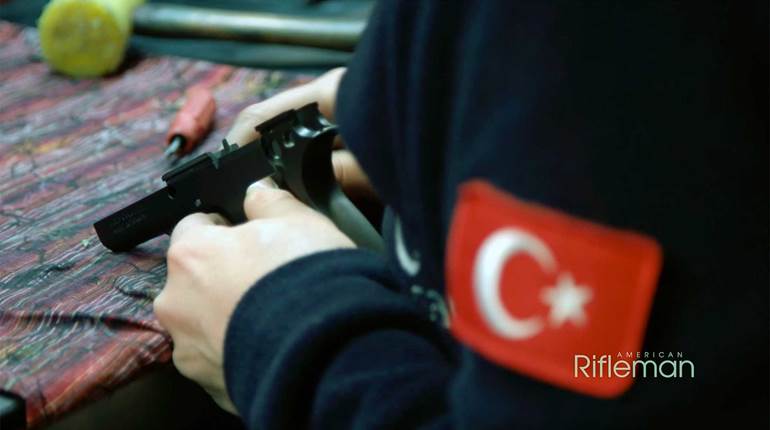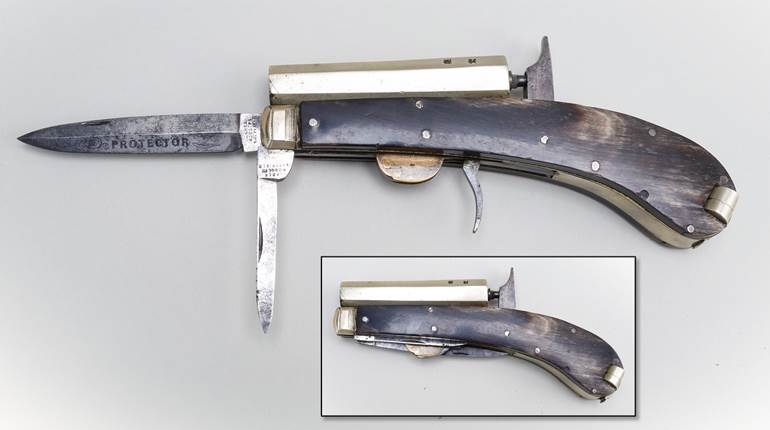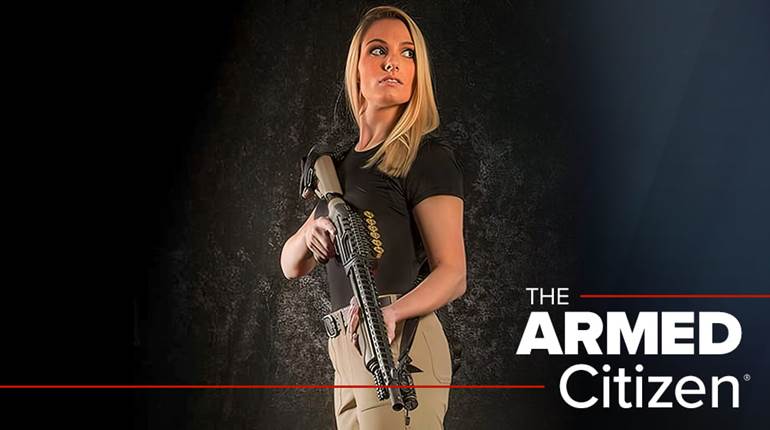
Whether you are a first-time buyer or so stocked on firearms that the welds on your gun safe will pop if you add just one more, you share one thing in common: You want to get the most value for your dollar when making a gun purchase. But just as with shopping for other goods, there are a few hard and fast rules to ensure that both you and your wallet remain happy.
Do Your Homework
The time it takes to fill out the forms and pay a cashier for a firearm is very little compared to the time you'll spend kicking yourself for paying too much or buying a handgun that's a poor fit for your needs. Most shooters could write a book based on stories of uninformed or impulse-based purchases leading to shooter woes. The buyer had no idea the pistol would kick so hard when he or she shot it, it now seems too big and heavy for concealed carry, ammunition for this particular gun is nearly impossible to find or the shooter learns that less could have be spent if he or she had only shopped around a little more.
Handguns are expensive, even more so when you throw in the cost of ammunition and accessories. Unlike clothes that don't fit, firearms can't be returned. Just like when you drive a car off the dealer’s lot, once a new gun walks out of the store, it's considered used. The seller can refuse to take it back, or they’ll only pay you the used gun value, which is usually a fraction of the new purchase price. Remember, once you buy a handgun, for better or for worse, you’re stuck with it.
Haste Makes Waste
There’s a famous line most shooters have heard from an instructor, "Don't shoot fast, shoot good!" It's a principle that can be modified for gun shopping: Don't shop fast, shop good! It takes time and patience to research a gun purchase, but it pays off. Impulse buys or giving in to high-pressure sales tactics often leads to over spending. If you find the gun you want and need some time to compare prices, ask to have the gun put on a 24-hour hold. Many shops will hold a gun for you, if you ask politely.
Know the Lay of the Land
When you take the time to visit and get to know the strengths and weaknesses of the inventory and pricing at a variety of gun stores and events, then you’ll be able to save money by shopping selectively at different locations. This takes time and shoe leather, but it usually pays off. Here's a brief guide of what to expect from different types of firearm outlets:
Sporting Goods Chain Stores:
A good way to think of the big, nation-wide outlets is as a concierge service. They pay for the floor space and inventory to provide one-stop shopping, but they pass the cost on to the consumer one way or another. For example, if the guns are sold at rock-bottom prices, then plan on seeing a mark-up in the ammunition and clothing. These stores usually have some experienced staff members, but count on meeting lots of nice college kids who are still learning the ropes.
Big-Box Stores:
You can think of these stores as large vending machines. What you see is what you get. The day you stop by, the manager from electronics will have the key to the gun case because the usual guy is on vacation. He can hand you the guns, but he knows squat about them. Many locations have stopped stocking handguns, but ask if you can still special order them through the catalog they keep under the counter. You can plan on seeing plenty of cleaning supplies and inexpensive ammo, but few handgun accessories.
Single-Location Gun Shops
The dedicated gun shops range from one-man operations to monolithic institutions you can get lost in. The quality of the service, the level of the staff's expertise, the gun inventory and ammunition pricing all vary by location. These are the shops you really have to visit to get a feel for. You’re likely to bump into those old, seasoned gun guys who really know their stuff.
These are the best shops for finding a variety of both new and used handguns. The larger shops will usually have some room to haggle, once they get to know you, and allow you to trade in a gun you own to lower the price of a gun you want. Look for the bargain bins with bits and accessories you need at a discount, along with the regular accessory inventory.
Gun Shows
Gun shows are good for inexpensive ammunition, military and surplus guns and, sometimes, hard-to-find items. You rarely find great deals on new or used guns, but the show can provide an opportunity for side-by-side comparisons. Shows can be a source of high-pressure sales and impulse buys. If you know exactly what you want, head to the show and check it out. If you’re not sure what to buy just yet, then go to the show to learn, not to shop.
Online
Handguns are not sent directly to your home when purchased online. Here's how the process works: You go to a listing or auction website and identify the gun you want. Once you contact the seller and reach an agreement on a price and payment method, the seller will transfer the handgun to a FFL (Federal Firearms License) holder in your neighborhood. Most gun shops will act as your FFL and transfer handguns for a service fee of $20 to $50.
Once your local shop has received the handgun you ordered, you head in and follow all of the same procedures you would to purchase a gun in the store.
The web can provide some great deals and access hard-to-find pistols, but it’s important to read the fine print of the purchase and return agreements before you commit to the transaction. Be sure to include all of the shipping and service charges when you figure out the price. You may find, once all of the numbers are in, it’s not such a great deal after all.
Be Careful
If you are new to shooting, buy new guns from reputable manufacturers. It takes an experienced eye to sort the jewels from the stones in a used handgun case. Look for the best price you can get, but buy new and buy quality. This is especially true if you need the gun for personal protection. Single-owner new guns have warranties for defects and problems that are not your fault. Most manufacturers will fix or replace the gun if you have a problem. Used guns rarely have any guarantees, and even experienced shooters can end up buying an expensive paper weight.
Keep an eye out for the self-declared shooting gurus behind the gun counter. You can tell gun sellers who are filled with wisdom apart from those who are just full of themselves by the level of flexibility. Good advice flows from staff members who are willing and able to discuss the merits and limits of a variety of handgun makes, models and calibers. They are glad to answer your questions and hand you the guns you want to look at. If, on the other hand, the seller is pushy about converting you to their way of thinking, hyper-focused on just one make or caliber, openly critical toward you and your shooting choices, then you need to take what they say with a grain of salt. If you're not careful, they will talk you into buying a gun you don't want. Remember, if anything about the gun, the price or how the staff treats you doesn’t sit well, walk away and save your money for another day.




































